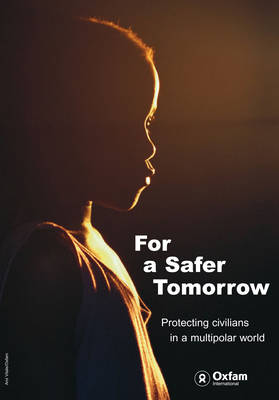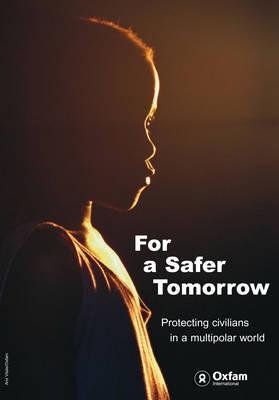
- Afhalen na 1 uur in een winkel met voorraad
- Gratis thuislevering in België vanaf € 30
- Ruim aanbod met 7 miljoen producten
- Afhalen na 1 uur in een winkel met voorraad
- Gratis thuislevering in België vanaf € 30
- Ruim aanbod met 7 miljoen producten
Zoeken
Omschrijving
Since the end of the Cold War, the number of armed conflicts in the world has fallen. But is this trend now about to be reversed? Climate change, poverty and inequality, and the wider availability of weapons all add to the risk of conflicts increasing. In 1949, the Geneva Conventions enshrined people's rights to be protected from atrocities in conflict. Yet civilians are still killed, raped, and forced to flee their homes, 60 years on. In 2005, almost every government in the world agreed its Responsibility to Protect civilians. Many have failed to keep this promise. Governments must now make new efforts to take up the challenge in a rapidly changing 'multipolar' world, where China and the USA will be the 'superpowers', and where India, the European Union, Brazil, and others are gaining new global influence. Many people feel that there is little that can be done to prevent the brutal targeting of civilians that characterises modern warfare. They are wrong. This report, based on Oxfam International's experience in most of the world's conflicts, sets out an ambitious agenda to protect civilians through combining local, national, and regional action with far more consistent international support.
Alleen bij Standaard Boekhandel
+ 50 punten op je klantenkaart van Standaard Boekhandel
Beoordelingen
We publiceren alleen reviews die voldoen aan de voorwaarden voor reviews. Bekijk onze voorwaarden voor reviews.












